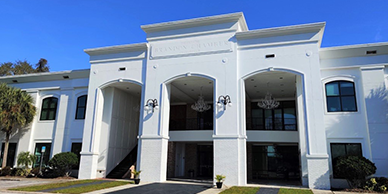For some people, foreclosures can be scary, considering how they can have short- and long-term effects on property owners. Fortunately, specific laws exist to protect their rights from unethical practices that can be unlawful based on the situation. The foreclosure process typically does not happen overnight. Owners usually receive adequate notice and enough time to address their overdue payments. Additionally, meeting specific standards and requirements is necessary before the court can make a final decision.
Depending on state law, specific factors can impact a foreclosure decision. In Florida, the following conditions can make the judgment final, affecting ownership rights and the property’s title:
- The foreclosure met all requirements, serving the lawsuit properly and lawfully.
- The final judgment already took effect.
- The time allowed for appeals has lapsed, possibly making further action involving the property’s title invalid.
- Someone else acquired the foreclosed property after going through the appropriate procedures.
Still, circumstances can impact a judgment. If the homeowners’ association (HOA), lender, or party who filed the foreclosure lawsuit missed any requirements or did not follow the correct process, there could be grounds to challenge the decision. Determining issues involving the foreclosure can happen on a case-to-case basis, considering how even the most minor mistakes can have legal implications.
Navigating foreclosure and other legal requirements
Sometimes, HOAs have no choice but to file a foreclosure action, especially if the unpaid debt has become too significant. In these situations, seeking legal counsel could be helpful even before filing the foreclosure. Doing so can help determine if other options are more appropriate and whether specific requirements are applicable based on the case’s unique circumstances.

